LGBTQ scientists throughout history and the future
June is Pride Month, a chance to celebrate and draw attention to the lives, contributions and challenges of the LGBTQ+ community. The month is designated in June to mark the Stonewall Uprising in Manhattan, a nearly week-long protest of police harassment and violence against LGBT citizens, as well as social discrimination.
In the 50 years since, we've made a lot of progress, but still much improvement to be made. As we continue to celebrate Pride, let’s take a look at several famous LGBTQ scientists throughout history that have changed and those that continue to change the world.
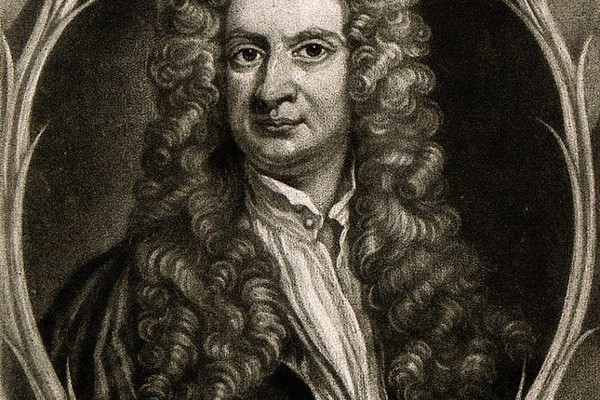
Sir Isaac Newton
Newton was an English mathematician, physicist, astronomer, alchemist, theologian, and author. He is most famous for developing the theory of gravity and his laws of motion. He was also a key figure in the philosophical revolution known as the Enlightenment.
Sir Francis Bacon
While Sir Francis Bacon was often times seen as a jack-of-all-trades, he will forever be remembered as the father of the scientific method.
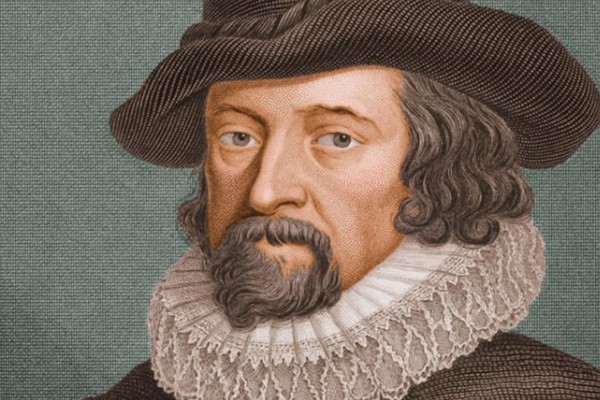
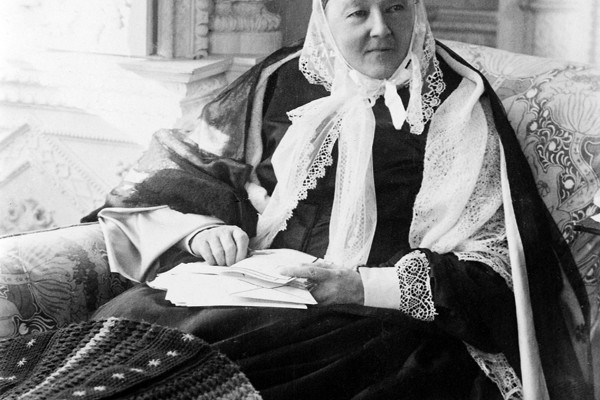
Florence Nightingale
Known mostly as a nursing pioneer, Florence was also a trailblazing statistician whose brilliance with numbers literally saved lives. Have you ever seen a Coxcomb diagram? Then you've seen her handiwork!
George Washington Carver
Born in 1860, George Washington Carver was inspired to become a botanist while exploring fields surrounding his childhood home. He became the first Black person in the US to receive Bachelor and Master's of Science degrees, and his research led to new crops when much of the crops in the American South were failing. He also set up a mobile classroom to share his knowledge with poor farming families, so they could benefit from this research. He is perhaps most famous for his work researching various uses for peanuts, leading to the cultivation of peanuts.
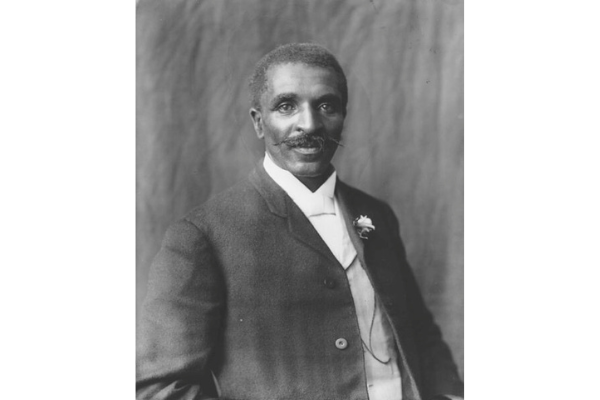
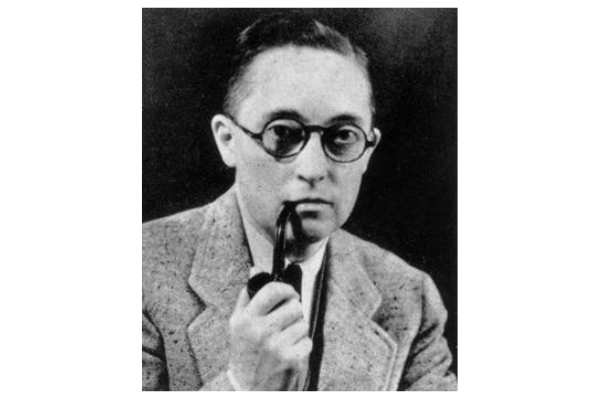
Alan Hart
While maybe not as famous as others on this list, Alan Hart became a prominent figure in the fight against tuberculosis, which at the time was the leading cause of death in the United States and much of Europe. Alan was also one of the first female-to-male transgender persons in the US to undergo a hysterectomy and live the remainder of his life as a man.
Alan Turing
Even if you've never heard of Alan Turing, you're probably using his work right now. Turing was the mastermind behind the Turing Machine, considered the basis for all computers. He was also responsible for breaking the Nazi's Enigma code during World War II, helping to save many lives and win the war.
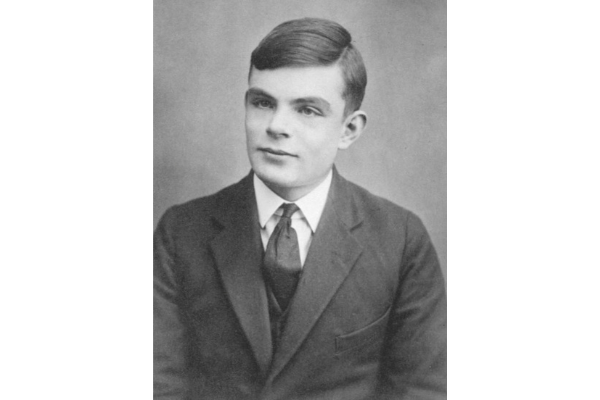

Lynn Conway
An American computer scientist, electrical engineer and transgender activist, Lynn Conway worked at IBM in the 1960s and invented generalised dynamic instruction handling. This key advance used in out-of-order execution, is used by most modern computer processors to improve performance.
Carolyn Bertozzi
Carolynn Ruth Bertozzi is an American chemist known for her wide-ranging work spanning both chemistry and biology. Carolyn invented bioorthogonal chemistry, a class of chemical reactions compatible with living systems that enable molecular imaging and drug targeting.
Sally Ride
Sally Ride became the first American woman in space on 18 June 1983, flying aboard the space shuttle Challenger. She also became the director of the California Space Institute at the University of California, San Diego.
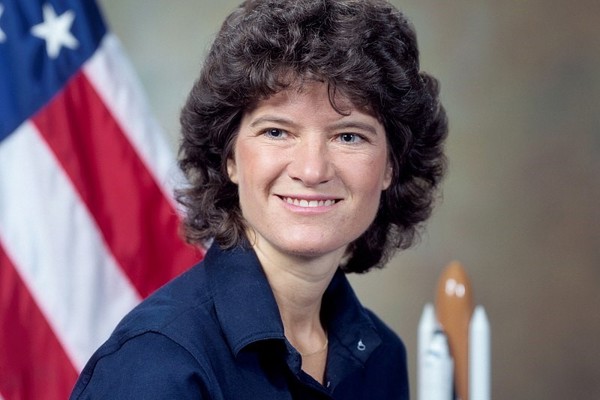
John Pham
John Pham is a molecular biologist whose research focused on the mechanisms of RNA splicing and RNA interference. He serves as the editor-in-chief of Cell, one of the top research journals of the life sciences. During his tenure, he has played a major role in making the journal more inclusive and diverse, with the belief that more diverse science is better science. By making a top research journal more diverse, this helps shape the future of science, leading to better ideas and talent.
Lauren Esposito
Lauren Esposito is an arachnologist who studies the patterns and processes of evolution in scorpions and spiders. Lauren also founded the organisation 500 Queer Scientists, which aims to bring visibility to the countless contributions of LGBTQ+ scientists around the world. You can read about the work of hundreds of scientists here, or submit your own biography!
